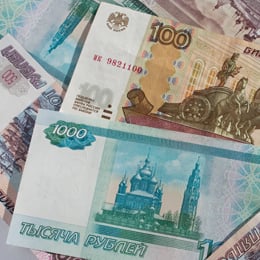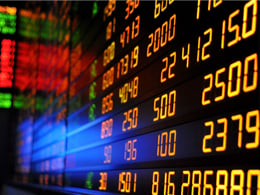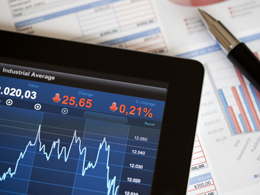As I’ve written before, the doomsayers have been pretty comprehensively wrong, at least in terms of their dire predictions for the U.S. While they may yet be right elsewhere in the world, I thought we’d do a premortem on their behalf to figure out how they might get it wrong for the global economy, too.
What if everything turns out just fine?















